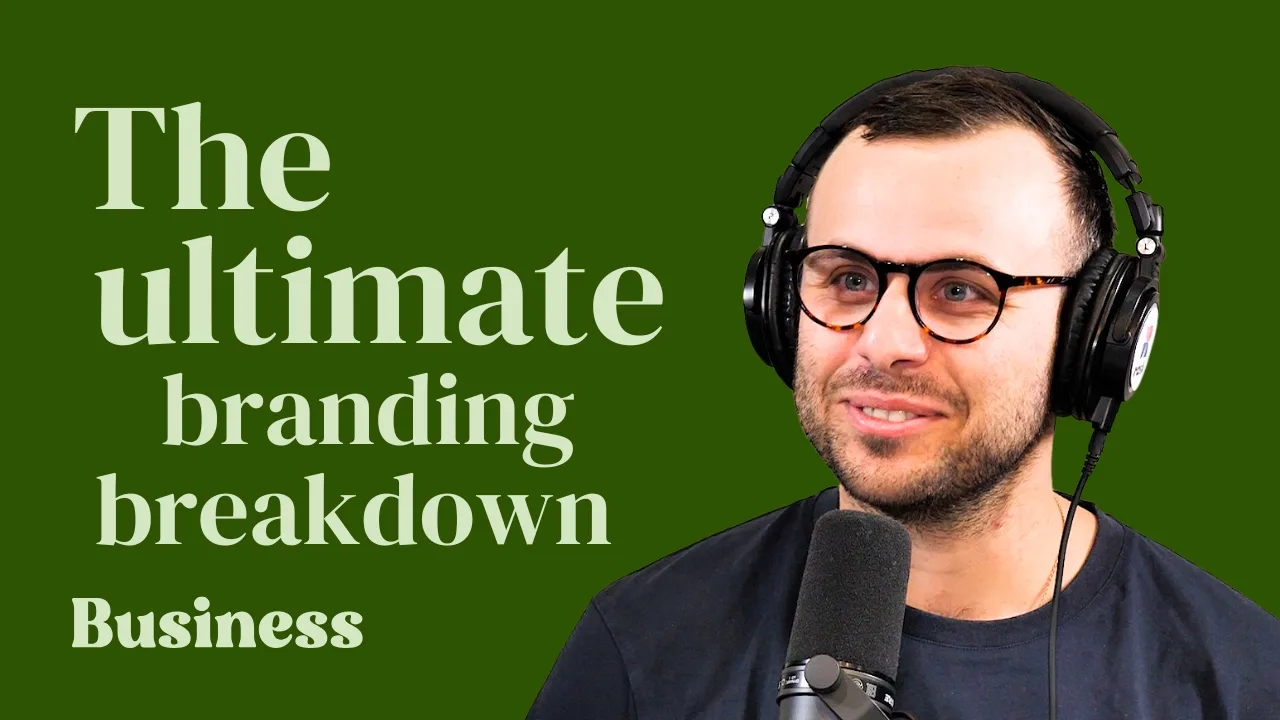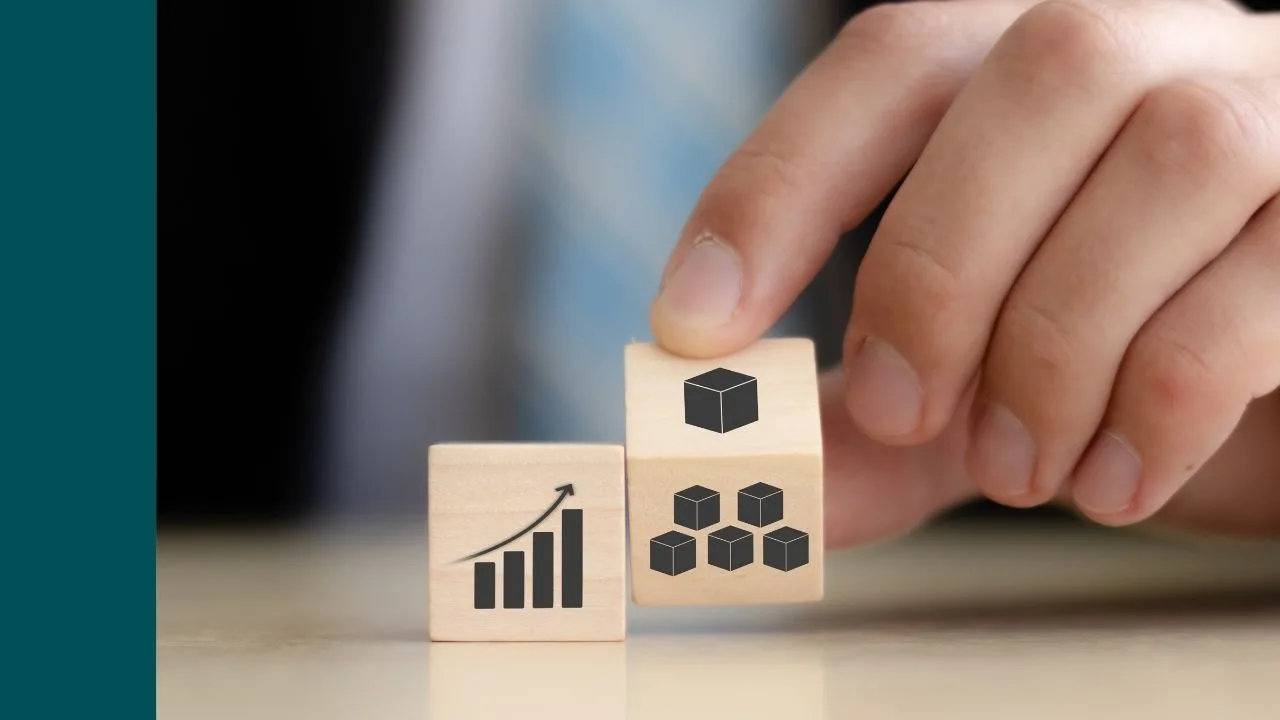Howdy investor,
They say, ‘regrets make us human’.
But how about financial regrets?
Do they make us… wise?
(I’ve got a LOT of regrets. See my brief list, below.)
However, as another saying goes, the person with no master has a fool for a master.
Meaning, if we go through our life simply repeating the most common mistakes, made by thousands before us, are we wise or just… stupid?
For example, if we start “day trading” stocks. “Some people make money.”
Or gamble on the horses. “It’s only a few dollars here and there.”
Are we bound to repeat the same mistakes and wither away into financial ordinary?
I think of my job, running Rask, as solely to serve you.
My job is to identify the mistakes and the successes of others gone before us, then share them with you.
My belief is that, if I do my job correctly, I can help you avoid the worst financial mistakes and push the gas pedal on your journey towards financial freedom.
But, I can’t do this alone. I need your support and feedback.
In 2024, I’m planning to undertake a big project for the Rask community (and all communities). But I need your help. I can’t do it alone. Help me by sharing your regrets and goals.
In my very short and anonymous research form, I’m collecting your answers to fascinating questions, so that I can crowdsource the worst-of-the-worst financial mistakes, most common goals and best-of-the-best financial success stories.
If you complete my short and anonymous form, you’ll be asked questions like…
1. What’s your #1 financial goal in the next 10 years?
From our ~40 responses so far, we have (with my thoughts):
“Retirement in 7 years”
“Build my portfolio to $500,000” (that’s $25-30k in passive income? Yes, please!)
“To be FI in my early 50s and travel more.” (Do it!)
2. What’s your biggest financial regret?
“Not investing early” (I hear that)
“Having kids with the wrong person” (ouch)
“Not buying PME in it’s IPO” (me too!)
3. What do you wish you learned earlier in life?
“Never reheat meat more than once. Always negotiate everything” (I LOVE this!)
“Money spending habits and the psychology behind it all” (so important but often overlooked)
“Understanding the power of compounding in all aspects of life. Love, education and money.” (beautiful!)
4. What’s been your biggest financial success?
“Divorce” (fair enough!)
“Buying property at a young age” (Ride on, see mine below!)
“[I’m a ] single person buying my own house, in a nice suburb and nearly having paid it off!”
~~~
There are a couple of other fun or engaging questions in my research form, and many more amazing responses I will share with you in the coming months.
For now, though, I really need your help to make my big project a game-changer for all Australians.
In return for your help, I will present methods to avoid the most painful financial mistakes and offer actionable financial planning, behavioural and investment strategies you can pursue to make more money – no matter what stage of life you are in.
My biggest financial regrets are
1. Not investing in a property when I was in my early 20s (i.e. 21-22).
I worked hard and saved $110,000 in shares and cash at a young age. And there was a real ‘fixer-upper’ (asbestos-filled) house around the corner. Just off a main road, near a great school, on a flat block in a tree-filled hilly suburb… on an ACRE!
It was selling for $410,000! ~10 years later the road is fully sealed, and the area was one of Australia’s fastest-growing suburbs – the block alone would be worth $1-1.25 million. I should have bought a property, lived in it, fixed it up with my tradie mates, then withdrew equity to invest in the same shares and ETFs I bought anyway. All considered, this was probably a $1.5-2 million missed opportunity!
(Psst. there’s more to this story… I actually took that $110,000 and used it ALL to fund starting and growing The Rask Group… which might be worth a few million bucks in a few years… if I don’t stuff it up!)
(Psst x 2. I estimated I sunk $600,000-$700,000 in lost wages, salary growth, a loan from family, and stock market returns by putting it all into Rask… so let’s not get too excited… yet. This podcast explains exactly how I grew Rask.)
2. I wasted way too much time trying to understand stock ‘trading’ (CFDs, charts and related bull$hit), and sifting through penny stocks.
In the early days of my investing, I invested $2,000 in a penny oil and gas stock trading at ~$0.29. Within 14 months, it went to $5 a share.
You beaut! I thought as I sat on $20,000 in gains.
That’s when things got bad. I took most of my speculative gains and chucked it into warrants on QBE (a truly hopeless company) and Rio Tinto (a miner, which I knew little about). I lost thousands in a matter of days.
This whole time I should taken the mathematically and behaviourally sound investment advice I got in my 20s and invested the $2,000 in only the highest quality growth stocks like Apple and Wesfarmers, plus low-cost ETFs in my core.
(Psst. So what are stock warrants exactly? They’re a financial derivative contract that increases your exposure to a stock price movement. In other words, a complete waste of time and an expensive lesson.)
(Psst x 2. Knowing the difference between luck and skill in stocks isn’t as easy as it seems.)
3. I bought so many cheap product imitations and consumer crap from Kmart (e.g. some* of their vacuums) and other stores when I should have saved up and bought the real thing on special (Dyson).
If you drool, it tastes better.
Saving up and buying a genuine product hurts (is it really $800 for a Dyson!?) but it makes you appreciate the product more when you get it. And therefore it’ll last even longer.
I wish I had known the difference between value and cheap, earlier in life. Usually, value is something that compounds far longer than ‘cheap’ stuff. For example, my V8 Origin Dyson stick vacuum is still going as strong as ever many years later.
(*I love some Kmart products. And 1-2 of the vacuums are great value.)
4. I spent too long believing that taking care of your ‘mental health’ meant you had a ‘mental disorder’.
More Australians are reporting loneliness and manageable mental health issues like depression and anxiety.
Men are 3x more likely to commit suicide. While nearly 1/5 will experience a disorder* in their lifetime.
Getting help is not a form of weakness – it’s a strength!
(*I can’t believe Government websites and aid organisations still call anxiety and depression a ‘disorder’. It’s not wrong to feel lonely or depressed from time to time. It’s just part of feeling healthy…)
5. (Related) I wish I created my ‘health’ budget sooner.
Nowadays, I commit to spending at least $5,000 per year on my own psychology or counselling, life coaching, gym memberships, massages, physiotherapy and social activities (e.g. team sports).
This is the best investment I have ever made. It’s my one and only ‘secret’. It’s the only unlocker I have to maintain super-high levels of productivity.
I believe so strongly in this idea that I now realise there’s only one investment that’s right for everyone: you.
Spend on your mental and physical health!
Believe it or not but you are your #1 asset. Your mind and body need regular maintenance. Would you expect the company you own shares in to keep growing if it wasn’t reinvesting in itself?
Psst. This figure does not include the medical costs for dental or GP visits, and in the past two years, I’ve spent more than $5k.
6. I wish I found the Scrub Daddy earlier in life.
It’s only $5 for a life-changing sponge on Amazon. Unbelievable.
Do yourself a favour.
~~~
I’ll have dozens more of these ideas, plus actionable ways to avoid the Rask community’s common mistakes, if you help me out by sharing your big ideas.
Done right, this project will take me 6-12 months. And I’ll fill you in via my free weekly email. But again, I can’t and won’t be able to do it alone.
Grab a cuppa and take 5 minutes to fill in the simple research form.
After that, if you’re looking to buy some finance or investing books and SCORE 50% OFF, simply click here and use the coupon code “raskxmas” at checkout. It’s not an affiliate link, I don’t get anything – but you can score 50% off books like The Ulysses Contract, Buying Happiness, and more!



